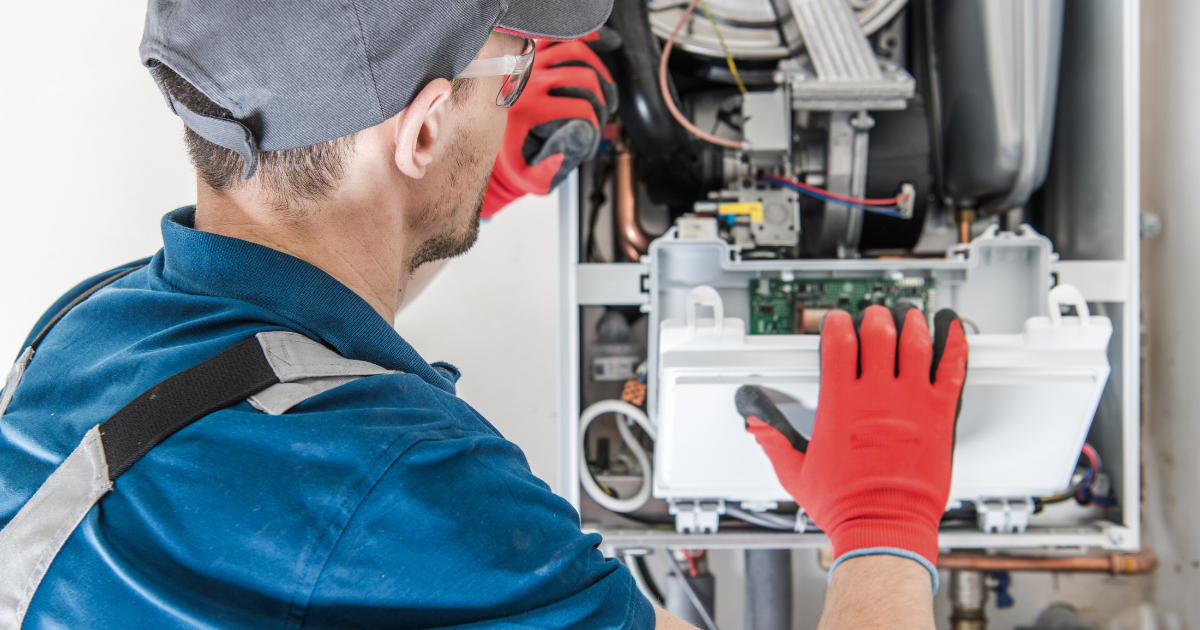
Commercial buildings generally have highly complex electrical wiring systems and are therefore more prone to electrical problems than domestic properties. These issues will also be harder to locate the source of and fix. It is crucial to perform routine checks as poor maintenance can increase the risk of damage and potentially cause your utility expenditure to increase.
Even with regular checks, appropriate fire detection in your building is a requirement. It is also worth having a trustworthy industrial electrician's details to hand in case of emergencies. Here are some of the more common electrical issues for commercial buildings.
Power Loss
Power loss can be a major obstruction for any business, regardless of whether it happens to an office or an industrial plant. Power loss may only cover a small portion of the building, or it can affect the whole building. Generally flicking the fuse switch should solve the problem, but if it doesn’t, it’s best to contact a professional industrial electrician to find the source of the problem and offer a solution.
Tripping Breakers
The electrical system of a building is a system of circuits that are protected and controlled by fuses of circuit breakers. If a circuit breaker trips (shuts off electrical flow) this can cause appliances to turn off. A breaker can trip for several reasons and if they are not dealt with they can increase the risk of fire hazards.
Overloaded circuit
This is the most common source of a tripped breaker, especially in commercial buildings where so many devices are being powered. It is where there are too many devices on one circuit causing the demand on the circuit to be too high and start overheating. The breaker will trip to avoid fires that may result from this overheating.
To try to find the source of the overload you will need to know what devices were running off the circuit when it tripped. You can try to isolate the device that was turned on just before the breaker tripped if this is applicable. Alternatively, it may be easy to find the source of the break if there has recently been a new device added.
An overloaded circuit can also be diagnosable if there is a device that is prone to overheating or making loud noises. If the devices seem fine then it is worth moving the devices with higher power consumption onto a different circuit, or alternating between turning some off to reduce the load.
Short circuit
A short circuit is a more dangerous cause of a tripped breaker. It is caused when an active (hot) wire touches another active, or neutral wire. This results in a large flow of current and therefore a large amount of heat which causes the breaker to trip. A tripped breaker from a short circuit can be diagnosed through popping sounds, smoke, sparks or even a blackening around the outlet. If you see any of these signs you must leave the circuit breaker tripped and call a local industrial electrician immediately.
Ground fault
This is a wiring issue similar to a short circuit, it is when an active wire touches a grounding wire and can be diagnosed, like a short circuit, through discolouration around the outlet. Once again if you suspect a ground fault in the commercial building it is paramount you seek the assistance of a local industrial electrician.

Dimming and Flickering
Dimming and flickering lights can be a sign of a poor wiring connection, this should be solved as quickly as possible to avoid further damage which may need a full repair. You should call an industrial electrician or an expert on commercial lighting immediately if you notice dimming or flickering lights.
Faulty Installation
It is extremely important for your commercial building to make sure that all equipment such as heaters, phones, air-conditioning is installed by a professional industrial electrician. Any device you have installed should be done by an expert as they are fully trained to check for mistakes and properly understand regulations and maintenance of electrical equipment. This will make your building much safer and you are less likely to incur high repair costs in the long run.
Not Enough Outlets
If a business is growing it is important to take into account where the power for each extra person’s devices, or extra machinery is coming from. It is very easy, and a common mistake to overlook adding new outlets and rely on extension cords and power strips. However, this can be a fire hazard and overload the circuit. When you need to add extra high energy consumption devices to your commercial set up you should hire an expert industrial electrician to inspect your electrical workings and advise if it needs upgrading.
Hire Qualified Industrial Electricians
The complexity of commercial electrical wiring and large volumes of energy that flows through it means that in the interests of health and safety issues should not be inspected by anyone who is not an expert electrician.
Leaving issues without being properly checked can end up being extremely costly and dangerous. Due to this, it is important to have the details of an industrial electrician that you can trust for any emergency. Call Highland Services on 01656 720 330 to discuss your electrical needs. We operate in Cardiff, Swansea, Bridgend, Newport and many other locations across South Wales.

.png)

.png)